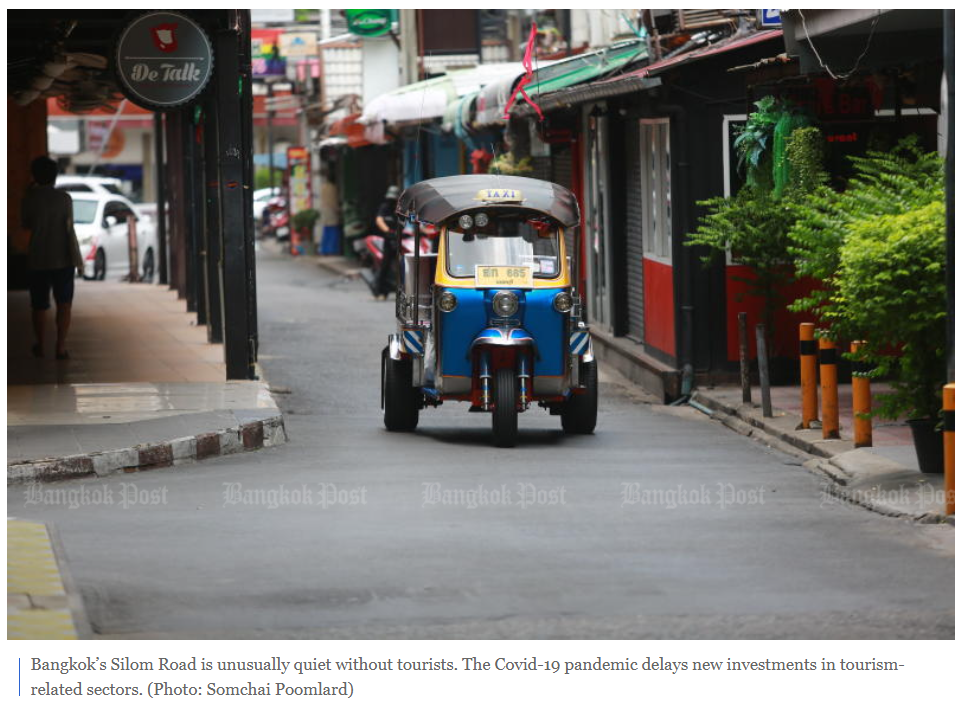Thailand: FDI to start recovering next year in hotel, tourism sectors
Thailand’s foreign direct investment (FDI) is expected to recover next year, especially for hotels, tourism and other sectors such as electronics and wafer fabrication for which the Board of Investment has offered attractive tax breaks.
Speaking at an online seminar “Key Findings Of UNCTAD World Investment Report 2021: Post-Covid Challenges In Asia-Pacific”, Manu Sithiprasasana, executive director of the International Institute for Trade and Development, said Thailand’s FDI inflows are expected to fall to their lowest level this year because of the severe impact of the pandemic before starting to recover in 2022.
According to Mr Manu, next year’s recovery will be boosted by active investments in the hotel and tourism sectors, renewable energy such as solar rooftop panels, and the telecom and information and communication technology sector to serve 5G technology.
In addition, Thailand is a major producer of medical supplies such as surgical face masks, rubber gloves and syringes, which are expected to draw foreign investment.
The report found Thailand’s FDI decreased by US$6 billion (192 billion baht) in 2020, driven by the divestment of Tesco to a Thai investment group for $10 billion.
In contrast, outward FDI from Thailand more than doubled to $17 billion last year.
In 2020, about 85% of FDI from Thailand was in financial services, manufacturing, real estate and construction activities, going mostly to Asean.
Thai companies are actively investing in the construction of power plants and in retail activities in the region.
For instance, in Vietnam the Electricity Generating Authority of Thailand and the Electricity Generating Company are building a $2.4-billion power plant, Super Energy is constructing the $384-million Loc Ninh power plant, and B.Grimm Power is involved in a $300-million solar power project.
Thai companies also actively pursued mergers and acquisitions, mainly in Asean.
In 2020, Bangkok Bank acquired Bank Permata in Indonesia for $2.3 billion, Thai Beverage acquired Frasers Commercial Trust (Singapore) for $1.1 billion, and a Thai investor group led by Charoen Pokphand acquired Tesco’s operation in Malaysia for $700 million.
Worldwide, the pandemic caused a dramatic fall in FDI in 2020.
Global FDI flows fell by 35% in 2020 to $1 trillion from $1.5 trillion in 2019. This is the lowest level since 2005 and almost 20% lower than the 2009 trough after the global financial crisis.
Lockdowns around the world slowed existing investment projects and the prospects of a recession led many multinational enterprises to reassess new projects.
The fall in FDI was significantly sharper than the fall in GDP and trade.
FDI plummeted in developed and transition economies, falling by 58% in both.
FDI decreased by a more moderate 8% in developing economies, mainly because of resilient flows in Asia.
As a result, developing economies accounted for two-thirds of global FDI, up from just under half in 2019, according to the report.
Source: https://www.bangkokpost.com/business/2141911/fdi-to-start-recovering-next-year-in-hotel-tourism-sectors


 Thailand
Thailand




